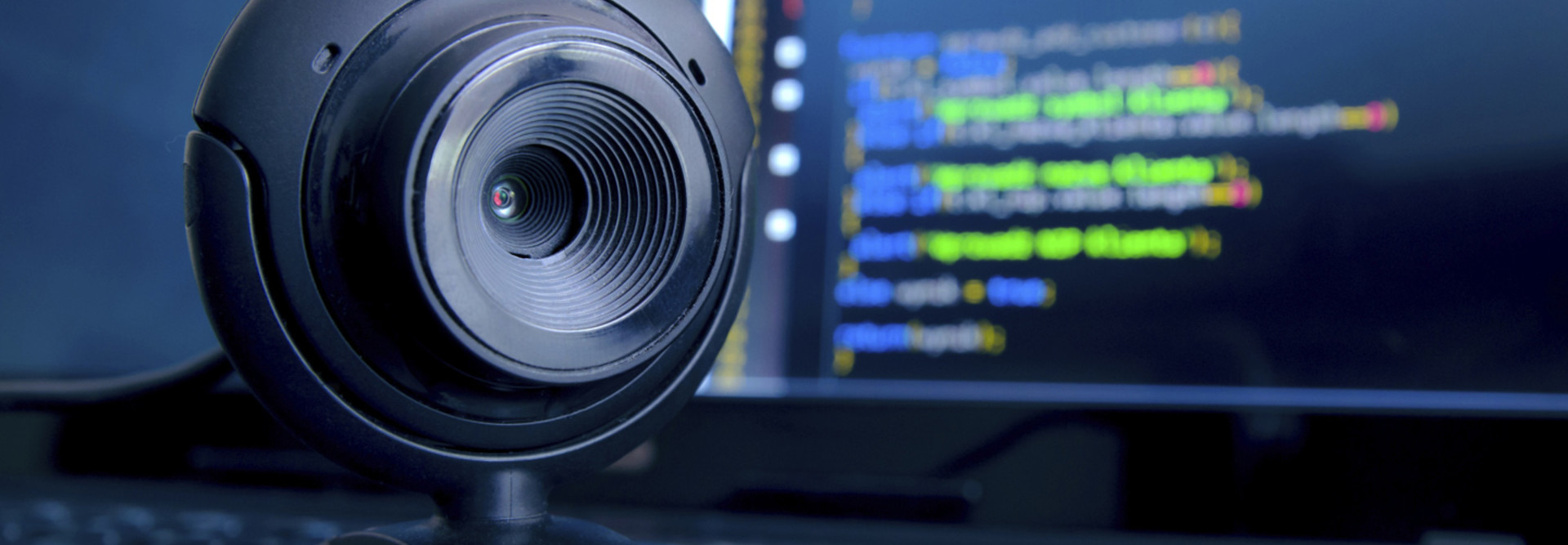Online Test Authentication Keeps Students, Criminals in Check
Online video is changing the way students take tests, but new security measures have found great success by scrutinizing exactly who is taking those tests.
ProctorU has become one of the fastest-growing companies in the world. The Birmingham, Ala., company ranked 183rd in Inc. magazine’s “Inc. 5000 for 2014” list of the fastest-growing privately held companies and was named the fourth fastest-growing educational technology company.
The company's success comes from the widespread adoption of its video monitoring service, which has been used by more than 600 higher education institutions, according to company president and CEO Don Kassner.
How ProctorU Works
Students connect with live proctors, either in person or through webcams. Using a three-step process, proctors verify test-takers’ identities and monitor their computer activity using customer-support software to ensure there's no cheating.
According to Kassner, adding a human element dramatically improves the effectiveness of security.
“Most transactions are anonymous, so there’s a lot of opportunity on the Internet for fraud,” Kassner says. “But there are transactions where if you add a human element, it takes the level of security up exponentially.”
Kassner, the former president of the online school Andrew Jackson University, now known as New Charter University, founded ProctorU after realizing there was a huge opportunity to facilitate test-taking for distance learners.
"Our students loved the online format, but they hated taking tests, because they had to go somewhere in person," Kassner says. "It was counterintuitive to them; they could do all of their coursework at their kitchen tables — why not their tests?"
Not content with the online-testing market, ProctorU is taking its technology to the world of student registration. Kassner says the company can help universities battle the growing problem of financial aid fraud by making registration more secure, establishing for each student a unique identity that can be verified, regardless of the online environment.
Help In a Time of Need
A 2013 U.S. Department of Education Office of Inspector General's report indicates that an estimated $187 million in federal student aid was likely fraudulently acquired by rings of criminals between 2009–2012.
"Because all aspects of distance education take place through the Internet, students are not required to present themselves in person at any point, and institutions are not required to verify prospective and enrolled students’ identities," Inspector General Kathleen S. Tighe writes in the report. "As a result, fraud ringleaders have been able to use the identities of others (with or without their consent) to target distance education programs."
ProctorU’s Ucard helps guard against financial aid fraud and verifies students are attending online courses.
By employing the same techniques used to verify students before they take online tests, along with new authentication methods such as keystroke analysis, Ucard makes it much more difficult for criminals and lazy students to trick the system.
Eleven universities have contracted with ProctorU for its Ucard pilot, which begins this fall. One college, which Kassner declined to identify, started last year and has saved $6 million by adopting the registration process, he says.
“The process is in place, and we’re hitting the ground running,” Kassner says.
Multifactor Authentication Keeps Transactions Secure
Students present themselves via webcam and display a government-issued ID card that verifies their photo and name. Then, they’re asked challenge questions to prove their identity, based on public-record information, such as addresses of previous residences. Finally, institutions have the option to implement biometrics or keystroke authentication, both of which create a unique identifier that can be used for future verification.
Proctor U plans to share more information about Ucard in April, when the company begins a larger rollout of its process.









